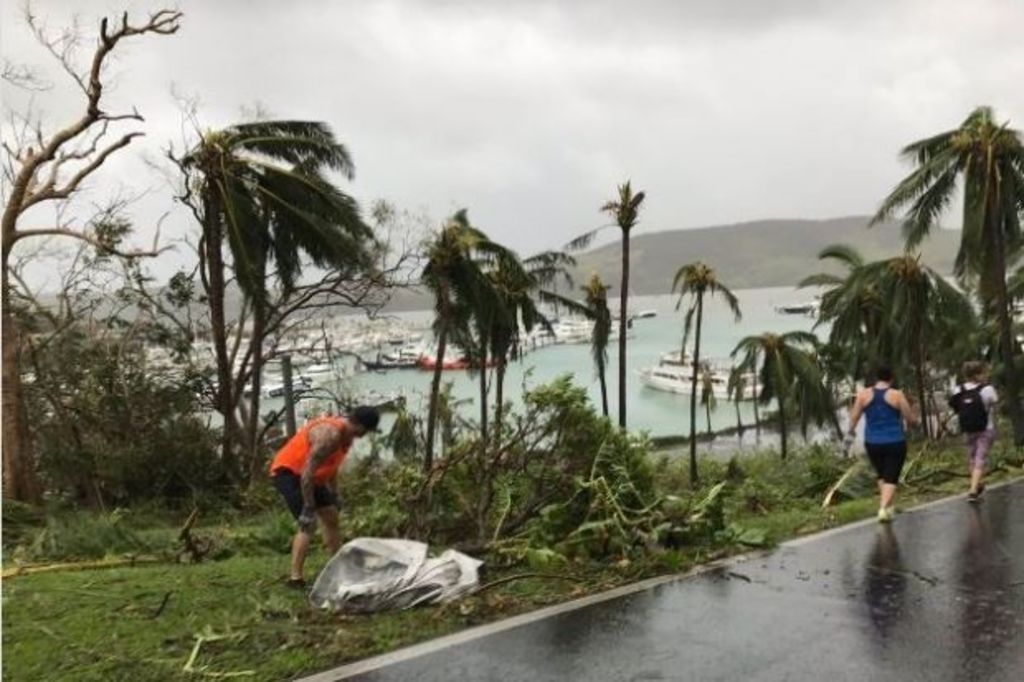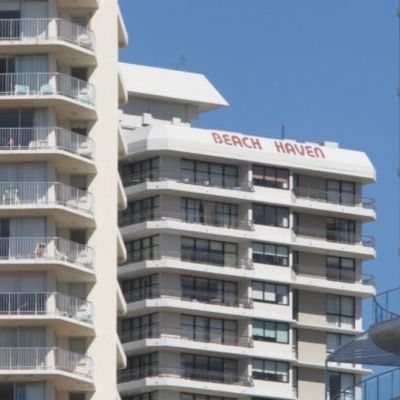
Sinking funds fall short: apartments at risk following Cyclone Debbie
“Countless” body corporates in Queensland are not in a financial position to deal with a major weather event, leaving thousands of unit owners at risk, according to an industry insider.
Queensland apartment owners are being urged to take their building sinking funds more seriously in the wake of Cyclone Debbie, which last week ripped through Airlie Beach, Proserpine and Hamilton Island, peeling off roofs and leaving 63,000 properties without power.
Apartment buildings were among the thousands of properties affected by the cyclone last week. One of the worst hit were the Sky View Units on the foreshore on Horseshoe Bay Road at Bowen. The units suffered extensive damage, including part of a wall destroyed, smashed windows and glass everywhere.
Ace Body Corporate Management Queensland state manager Georgia Cook says too many body corporates are putting their apartment owners at risk by skimping on contributions.
“We’re very concerned that countless bodies corporate aren’t in a position to financially deal with major weather events like the ones we’ve just seen,” she says.
Ms Cook says a healthy sinking fund is essential for the safety of all a building’s residents, as it can pay for emergency repairs in the instance of a weather event.
“Many bodies corporate up north are already suffering under extreme insurance premiums and having sinking funds on hand would be an invaluable bit of assistance in times like this,” she says.
The Queensland government introduced mandatory sinking funds for body corporate-managed apartment complexes in 1997, which stipulate body corporates should prepare a sinking fund forecast as a basis for their annual sinking fund budget. The forecast must be for a minimum of 10 years. However, the law does not stipulate what those contributions should be.
“Sinking funds are mandatory – but the amount everyone contributes isn’t. Too many committees have relaxed their contributions or put them off, particularly if members are thinking of selling in the next year or two … they don’t want to pay for something they think they won’t need,” Ms Cook says.
“Living in Queensland means being exposed to wild weather events like cyclones and floods and body corporates need to be able to rely on more than just their insurance policy, on which making a claim could take weeks.
“The unpleasant truth is that there’s no guarantee there won’t be another major event this year so we hope bodies corporate and state government decision makers alike move quickly to see this issue overcome.”


